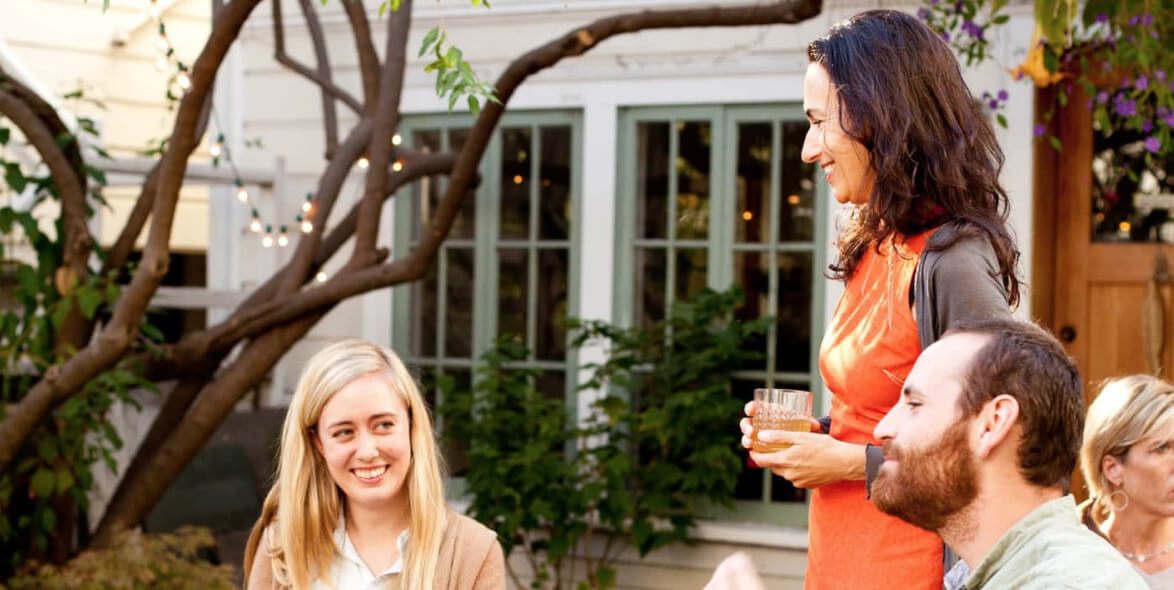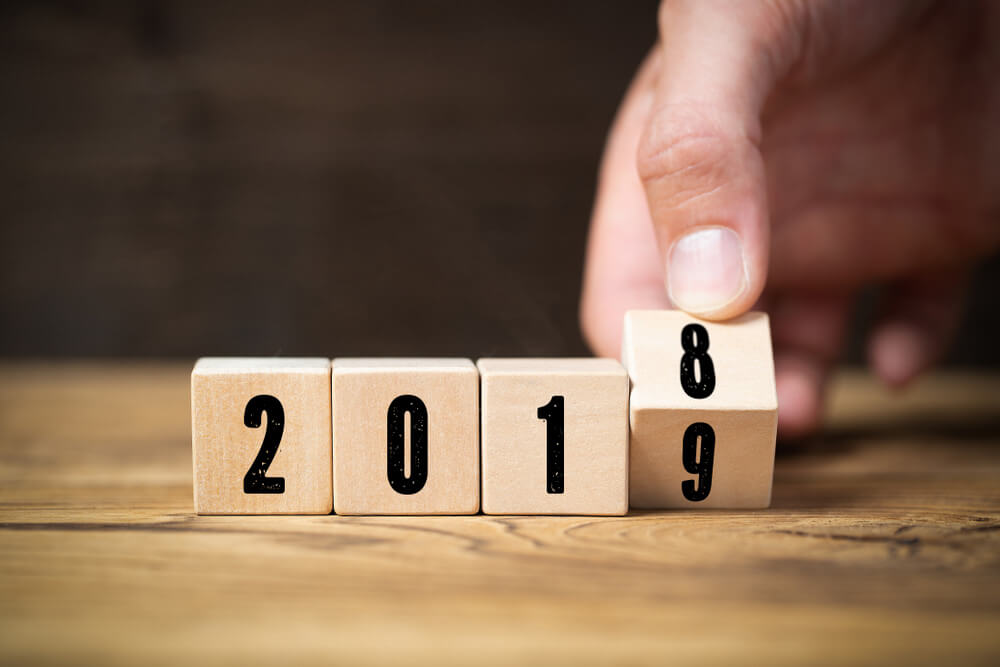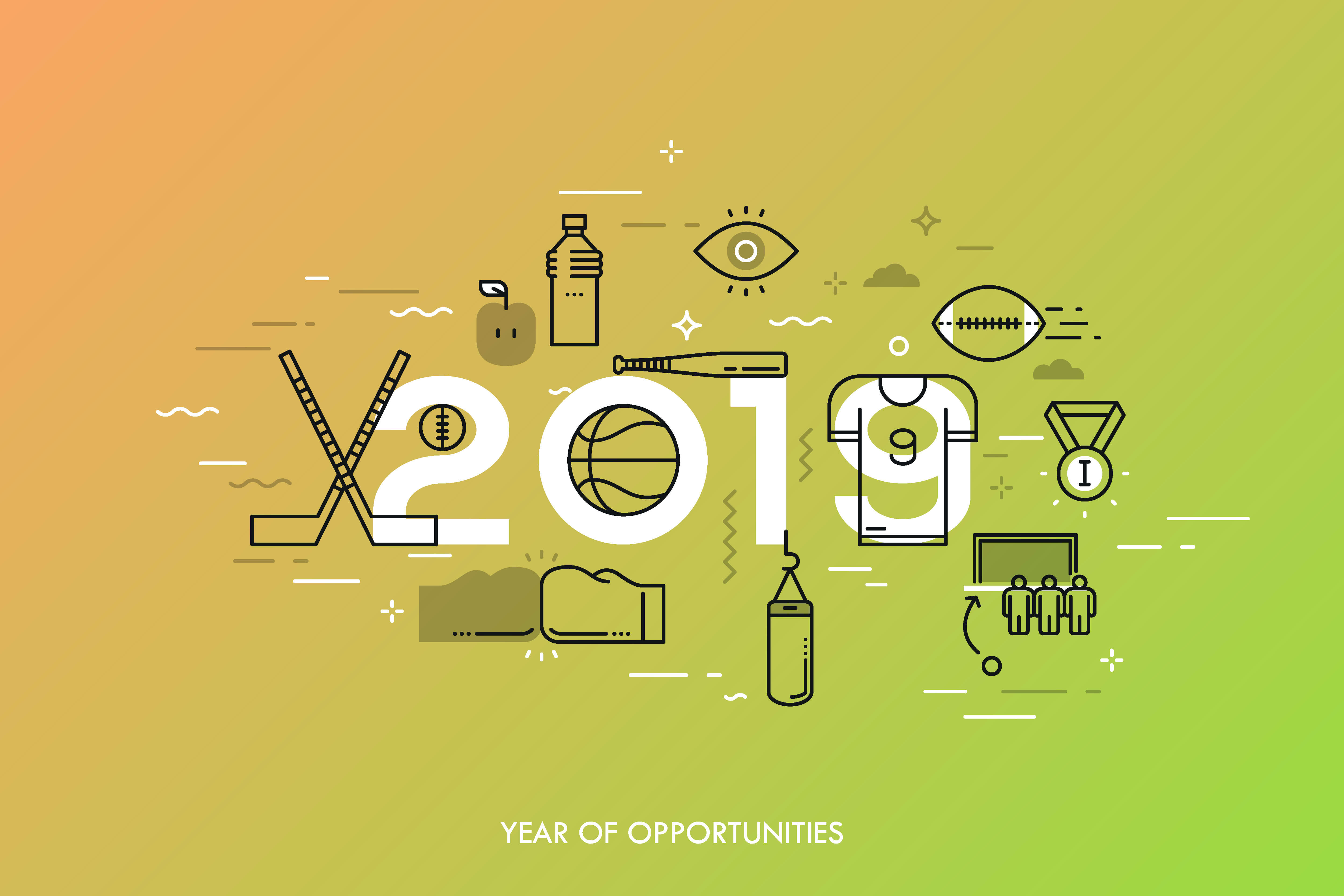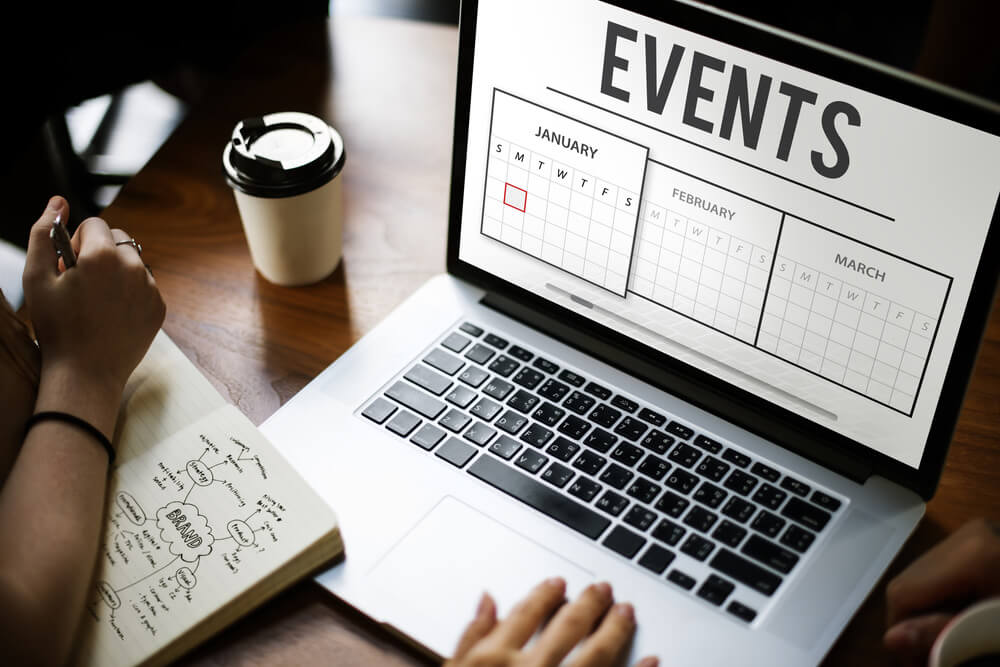BLOGS 10 Essential Tips for Planning a Wedding Like an Event Professional

By Holly Barker
Source: Event Manager
A wedding is one of the most important days in any couple’s lives. From engagement photos, to selecting vendors, to making checklists and choosing your wedding party, there are lots of items that need to be planned out in an orderly fashion up until you say those two magical words – “I Do.”
Planning your own wedding can sometimes feel overwhelming and stressful, but if you follow these stress-free tips below, you will find planning your wedding will be smooth sailing, and more enjoyable from an expert event professional mindset.
1) Set a Budget, and Stick To It
Weddings can be very expensive, and just like any other event, you may find yourself wanting to add additional items to your master list closer to the event date, which may not have been in your set budget.
Make a budget and stick to it. If you think you may have “wish list” items that will pop up closer to the time of the wedding, add those items in with your set budget from the very beginning. Aim to never exceed the set amount you have budgeted for from day one.
If you overspend on flowers, then you must cut back from something else on your list. Be flexible with yourself, and prioritize the big spend items and must-have items first on your budget, knowing that those have to be paid for, as opposed to “wish list” items that can get cut at anytime.
2) Create a Timeline
Besides the budget, a timeline is the most important part of planning a wedding as an event professional. Develop a reasonable timeline, fit to your schedule, and map out due dates on a calendar. You will find well-known wedding websites provide checklists with timelines for you, so be sure to follow these when planning out your calendar. Depending on the timing of the wedding, you will want to ensure you have ample time to plan and insert orders that can take more time than others.
3) Find Event Tools Fit For You
Event tools are an event planners best friend! Besides online wedding checklists, look for event apps with budgets, checklists and reminders that are used for weddings, or if you prefer to use your go-to event planning apps, those will work just fine.
Some planners prefer to work in excel, while others prefer the old school method of writing out every expense paid for an event – it’s up to you, but be sure to track all expenses at the end of the day to help make your planning efforts run smoothly!
4) Choose the Important Details
Once you have planned out the budget and timeline of the wedding, it’s time to figure out the most important details of all. The size of the wedding will determine more from a budget perspective, so first, create a guest list and stick to it as close as possible.
Once you have completed the list, move on to selecting a venue, wedding date and theme. The process for selecting the venue is very similar to selecting event venues for other types of events.
You will want to meet with venue owners, get a list of what they provide and do not provide on the day of the wedding, have them send you a formal quote, and find out what dates they have available that work with the timing you are working towards. Couples are constantly getting engaged, so finding the weekend that works best for you is sometimes hard to do, but most importantly, the details and service you receive at the venue are crucial.
Review the contract (and all vendor contracts) before signing with the venue, and be sure to ask if you can stop by when they may be having a party so you can see what the venue will look like decorated and full of guests! As a planner it’s always important to see your event space in action before you make any commitments.
5) Design with Quality
You may have several design resources you use for events on a yearly basis, and if one comes to mind for a wedding, be sure to reach out and ask for their help to design signs, invitations, programs and save the dates!
There’s nothing more special than a custom, creative wedding set with a unique twist showing off the style and character of the happy couple!
6) Vendors are Your Golden Ticket
Be diligent when hiring vendors. Find references for all of your vendors, and create a spreadsheet with contact info, and a back-up contact for all vendors. As a rule of thumb, always remember vendors are just the same as any tradeshow or corporate event vendor, but in this case, they may be a DJ, food and beverage caterer, lighting and décor or photo booth company, flower shop, or wedding dress boutique.
It’s important to set up meetings with all vendors, have follow-up meetings, make sure your contacts feel like an extension of you from the very get-go. Together, you are all creating one master experience for the bride, groom, and wedding guests.
7) It’s all About Customer Service
No matter what event is being planned, event professionals always go out of their way to guarantee amazing service. One thing to keep in mind as you are planning a wedding is to go the extra mile for anyone and everyone involved in the wedding. Use your gift vendors and personalize party favors for all of the gifts, find special gifts for the wedding family you can customize just for them that they will cherish forever, and create welcome bags for the wedding guests to drop off at the preferred wedding hotel of choice.
Inside the welcome bag, be sure to include the schedule of weekend or day events, times to arrive, and where to go, and goodies for your guests. You can customize your goodies to cater to the location of the wedding – for example, if the wedding is taking place at in a city known for a sports team, maybe include something with the team name on it, or a local beer! Your guests will absolutely love the welcome bags, and thoughtful ideas put behind them.
8) Take Time For You
Sometimes even wedding event planners in the role of bride or groom need some R&R on the day of their wedding! One great way to make sure you’re focused on you, is to hire a day-of coordinator who can simply pick up right where you left off in your amazing planning!
As an event professional, they will be blown away by your checklists and vendor sheets, which will come in handy on the day of your wedding. There are lots of smaller wedding event companies who provide day-of planning services for an affordable cost. Their services provided on your special day will ease your mind, and guarantee a stress-free day, where you can ensure your vendors are greeted by another event professional in A+ fashion.
It’s nice to know someone on your playing field will be filling in your event professional shoes for you while you get ready for the day you have been dreaming of your whole life!
9) Anticipate Challenges
No wedding, however well planned by the best event planners, will ever come off perfectly. Expect something to go not as planned, and when it does, if you are the bride or groom, you can either be well-prepared to have your day-of coordinator jump in and tackle the issue, or let it roll off your back! Day-of logistics can and do sometimes get overlooked, so as the wedding event planner be sure to triple check your checklist no matter what.
So many little items tend to appear on the wedding day you may not expect, such as broken zippers on dresses, missing centerpieces, not knowing where a vendor should be located at the venue, etc. Keep your cool at all times, and have a back-up plan to your back-up plan.
Weddings are not for the faint of heart if taking on the role of wedding event planner, so be sure to be quick on your feet when issues arise, and assertively step in to handle juggling balls as they come flying your way ☺
10) Soak It All In
Most couples forget to take a few minutes and look around the room once everything is all planned and in motion. Take a few minutes to relax, and enjoy the accomplishment of planning an emotional and fun-filled memory in your lives.
Remember all events take a huge amount of time, sweat and work to be pulled off, but weddings are events of a different nature. They take months, sometimes years to pull together, and being able to soak all of your hard work in will feel amazing.
In Conclusion
Weddings can be so much fun to plan as an event professional. Having the right tools and tips ahead of time, will help go a long way when taking the dive into the sometimes overwhelming, but very rewarding process of wedding planning. Hopefully these ten tips will come in handy for any event professional, or soon-to-be wedding planner!







